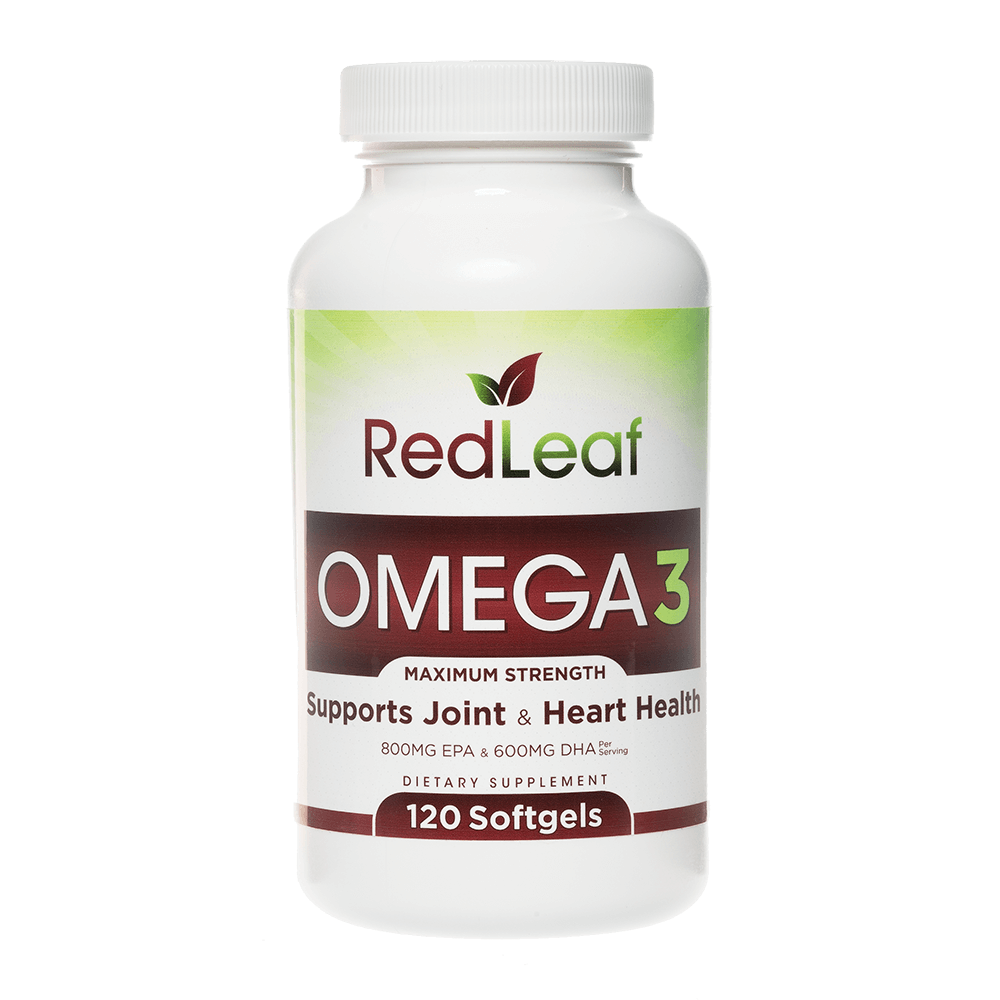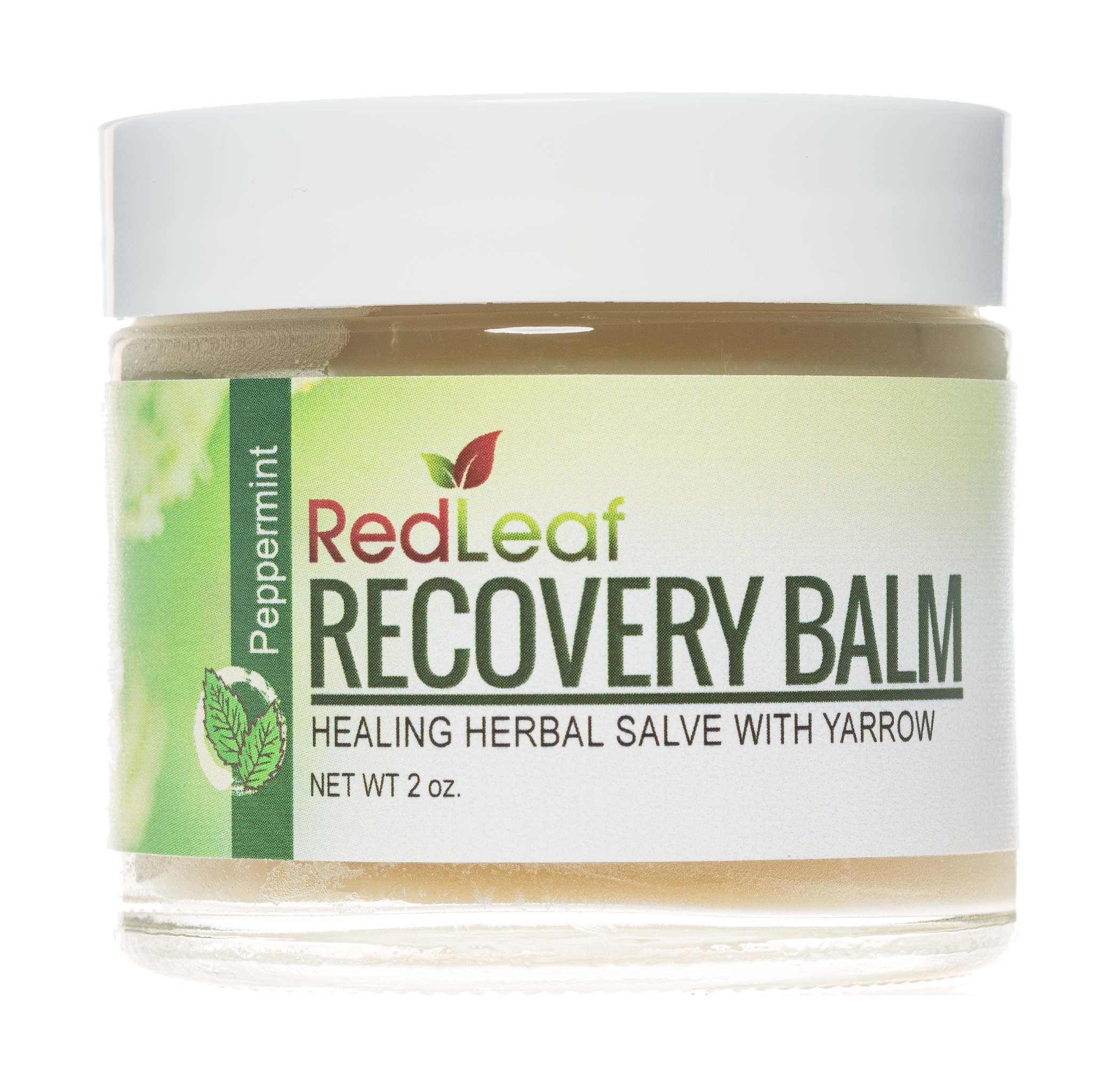All too often the easy response to that question is an emphatic everyone. The truth is, there are specific people who should not use supplements – but they are a small subset. This group is those who are trying to treat a medical condition with a supplement. For example, if you have arthritis, using turmeric and fish oil supplements can HELP but you should still see a medical professional to address your situation.
Once you’re outside of trying to get a medical need addressed through supplements, anyone truly can benefit from supplements. But, there are three steps you need to go through before purchasing: 1) identify what problem you’re looking to solve, 2) understand the ingredients that help solve the problem, and 3) evaluate if there are any ingredients you NEED to stay away from.
What goal is your supplement helping you achieve?
If you’re an every day athlete who has been feeling a bit tired during your workouts, looking for a pre-workout energizer makes a lot of sense. Similarly, if you’ve been notified by your nutrition coach/doctor that you are eating too many pro-inflammation fats and need to increase your omega three levels, fish oil can be a great choice.
Once you have your goal identified, then consider what ingredients are proven to help with this.
Is there a single ingredient which will help you with your goal?
Some ingredients have been proven to be effective in supplements. These include but are not limited to: whey and vegan protein powders, beta alanine, caffeine, and omega three fats (both vegan and animal-based).
Do the research to know what ingredient is going to help you with your specific goal, and then start looking for the brands which can support you. To be very transparent, there is a lot of marketing in our industry. A lot of great signage, use by influencers, and paid advertising drive sales. Don’t be fooled by it – know exactly what you want and look for just that ingredient.
Be very specific about ingredients you don’t want
If you’re avoiding sugar, read the ingredient label and make sure it is not there. If you are extremely reactive to sugar alcohols, be sure it doesn’t have erythritol in the ingredient label.
Also, as a rule of thumb, simply stay away from proprietary blends. You cannot be sure they don’t have ingredients you are allergic to, or simply are choosing to avoid. If there’s a proprietary blend, ask what they’re hiding. Then go to a different brand.



